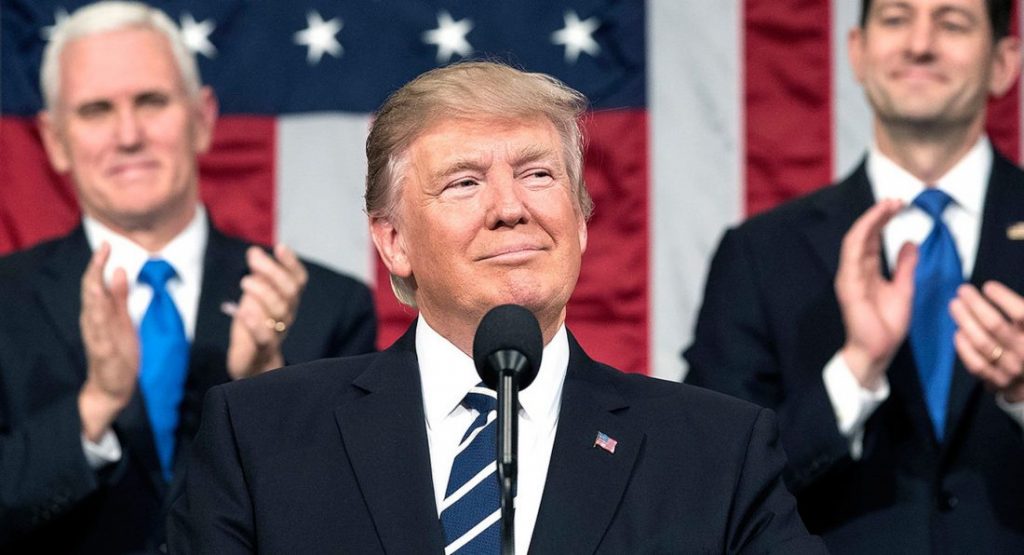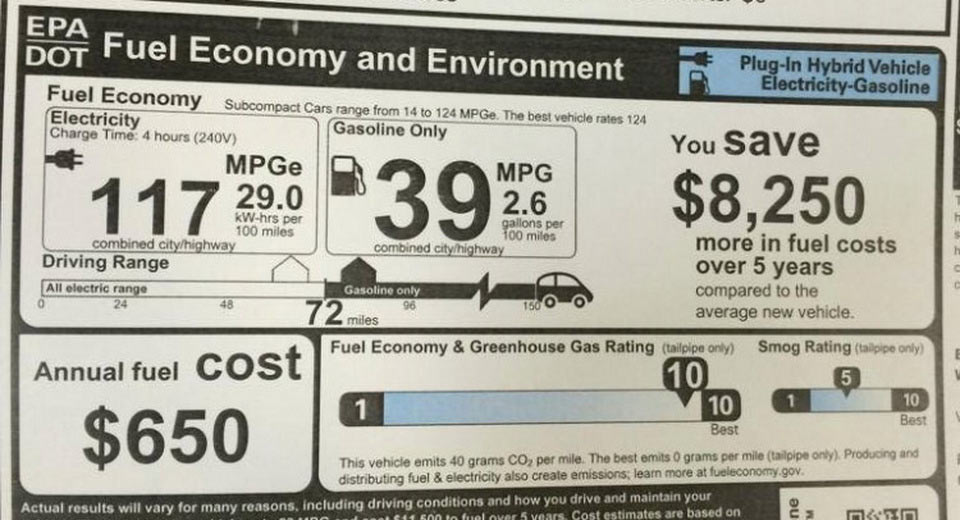The Trump administration has baffled us by suggesting that more lives could be put in danger if future vehicles get better gas mileage.
A draft of the government’s fuel standards proposals prepared this summer and obtained by The Associated Press claims that, according to the Administration, people will drive more if their vehicles are more fuel efficient so this will put drivers at increased risk. On the flip side, if vehicles pollute more, people will drive them less and be involved in fewer crashes.
According to the draft, new vehicles will also be cheaper and heavier if they aren’t required to meet stringent fuel efficiency requirements. As such, more people will apparently buy them, resulting in a larger proportion of the population driving around in safer and newer vehicles. Apparently, this could save 1000 lives a year if fuel economy standards remain at 2020 levels.
“Allow me to be skeptical,” engineering professor and director of the Center for Automotive Research at Ohio State University, Giorgio Rizzoni said.
“To say that safety is a direct result of somehow freezing the fuel economy mandate for a few years, I think that’s a stretch.”
Experts also say that the weight difference between vehicles under fuel standards from the Obama and Trump administrations would be minimal, shooting down the logic that heavier vehicles are inherently safer than lighter vehicles. The proposal fails to acknowledge the lives that would be saved from reduced pollution.
The Trump administration’s proposal would require an automaker’s vehicle fleet to average roughly 30 mpg in real-world driving, a figure that wouldn’t change through 2026. The existing corporate average fuel economy standards (CAFE) implemented by Obama has these fleet-wide averages set to roughly 50 mpg by 2025.




